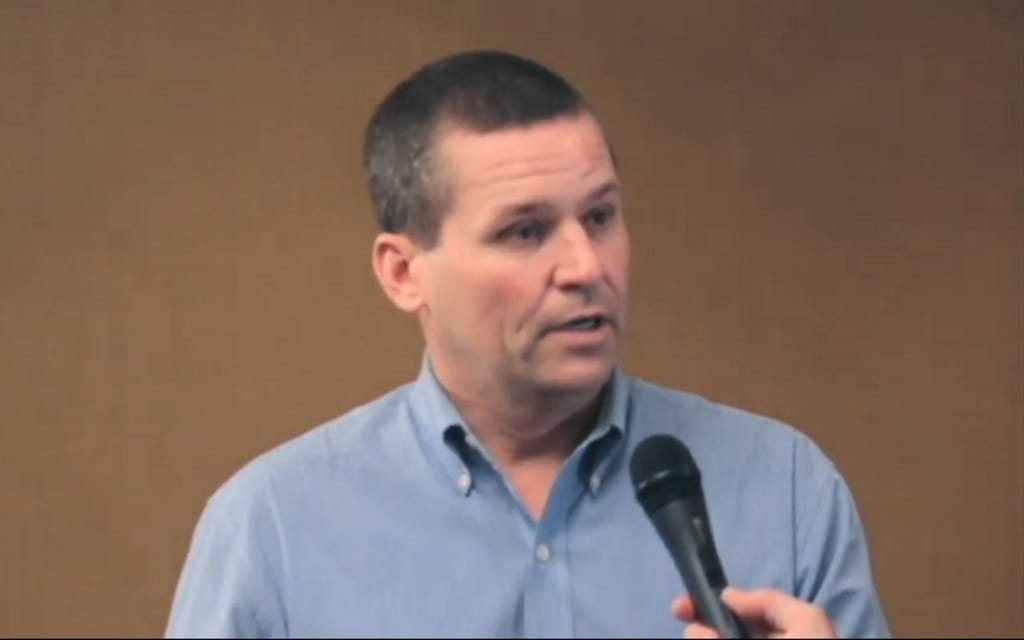Baltimore Needs Grassroots Help to Bridge Digital Divide, Experts Say
‘Baltimore lags behind many cities when it comes to the number of households with home internet connections.’

WASHINGTON, July 5, 2022 – Local leaders from Baltimore said at a Next Century Cities event that there needs to be an alignment with the community and leadership when it comes to closing the digital divide.
“Baltimore lags behind many cities when it comes to the number of households with home internet connections,” said Amalia Deloney from the Robert W. Deutsch Foundation, which invests in projects to improve the quality of life in the city. The foundation estimates that 74,116 households don’t have internet access.
The event’s speakers pointed to digital redlining, in which segments of racial minority and lower income Americans are disconnected from services or can be considered living in low priority areas.
Jason Hardebeck, director of Baltimore’s Office of Broadband and Digital Equity, said the city is a “pioneer in redlining,” and “a century later, we still see the effect on the digital divide.”
To address this, Deloney said the foundation’s approach to the digital divide in Baltimore by starting at the social level through its Digital Equity Leadership Lab. This is a program for Baltimore residents to “increase their understanding of the internet and strengthen their ability to advocate for fast, affordable and reliable broadband.”
The program aims to train and build leadership within the community to advocate for closing the digital divide. It points to a strategy of bringing “advocates together with community leaders,” as “digital equity is social, not a technological problem,” said Colin Rhinesmith, founder and director of the Digital Equity Research Center.
Michelle Morton from the National Telecommunications Infrastructure Association also said local leaders need to work with community members to have a bottom-up approach. “You have to work with the people doing the work on the ground.
“Their voices matter,” said Morton.
Mayor Brandon Scott has allocated $35 million from President Joe Biden’s American Rescue Plan Act to close the digital divide across Baltimore “by the end of this decade.”
Editor’s note: A previous version of this story said that it was the the Benton Institute, and not Next Century Cities, that hosted this Baltimore event. The story has been corrected.








